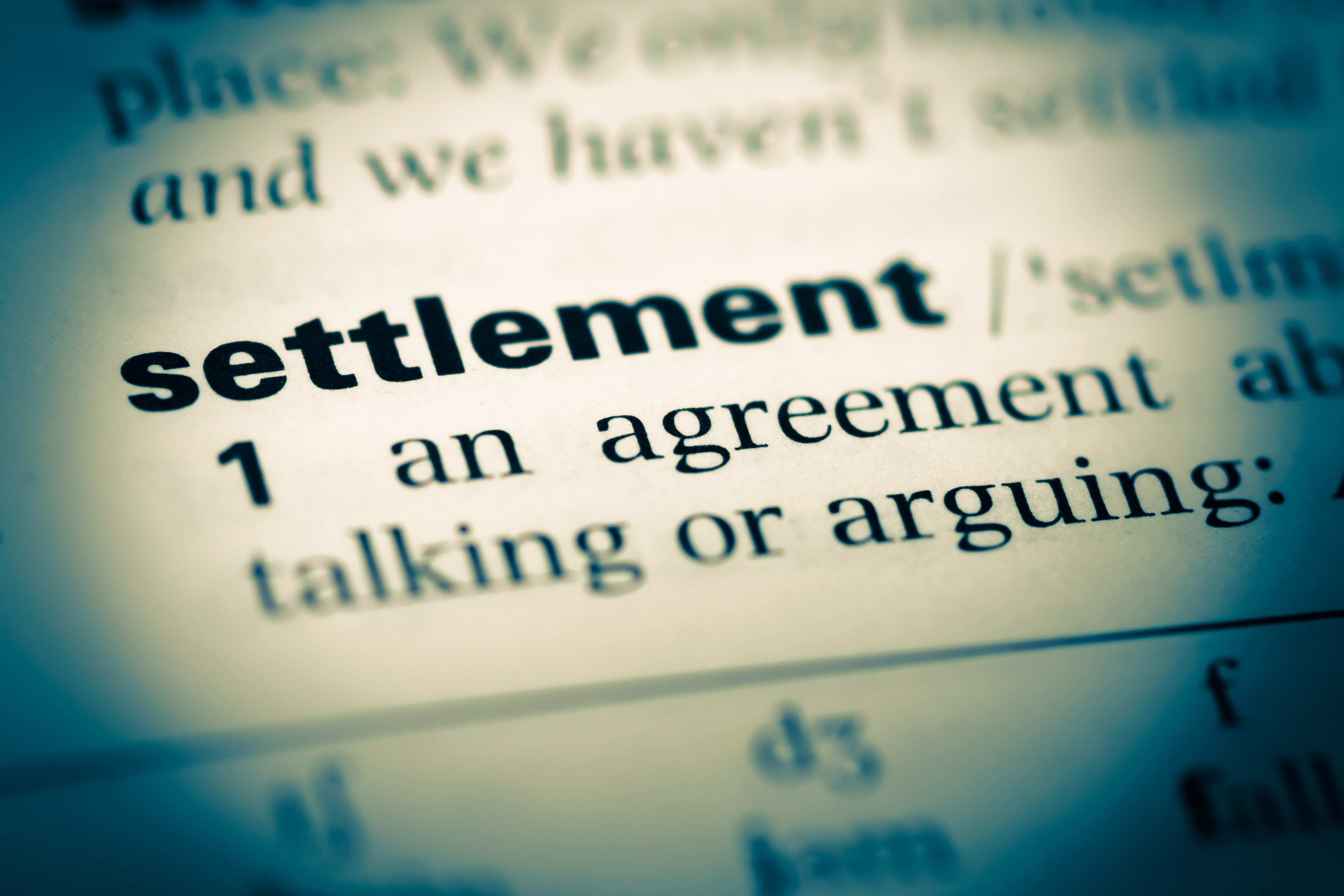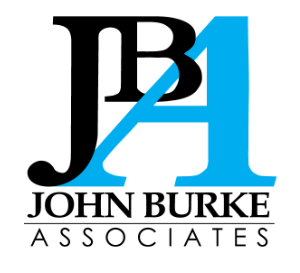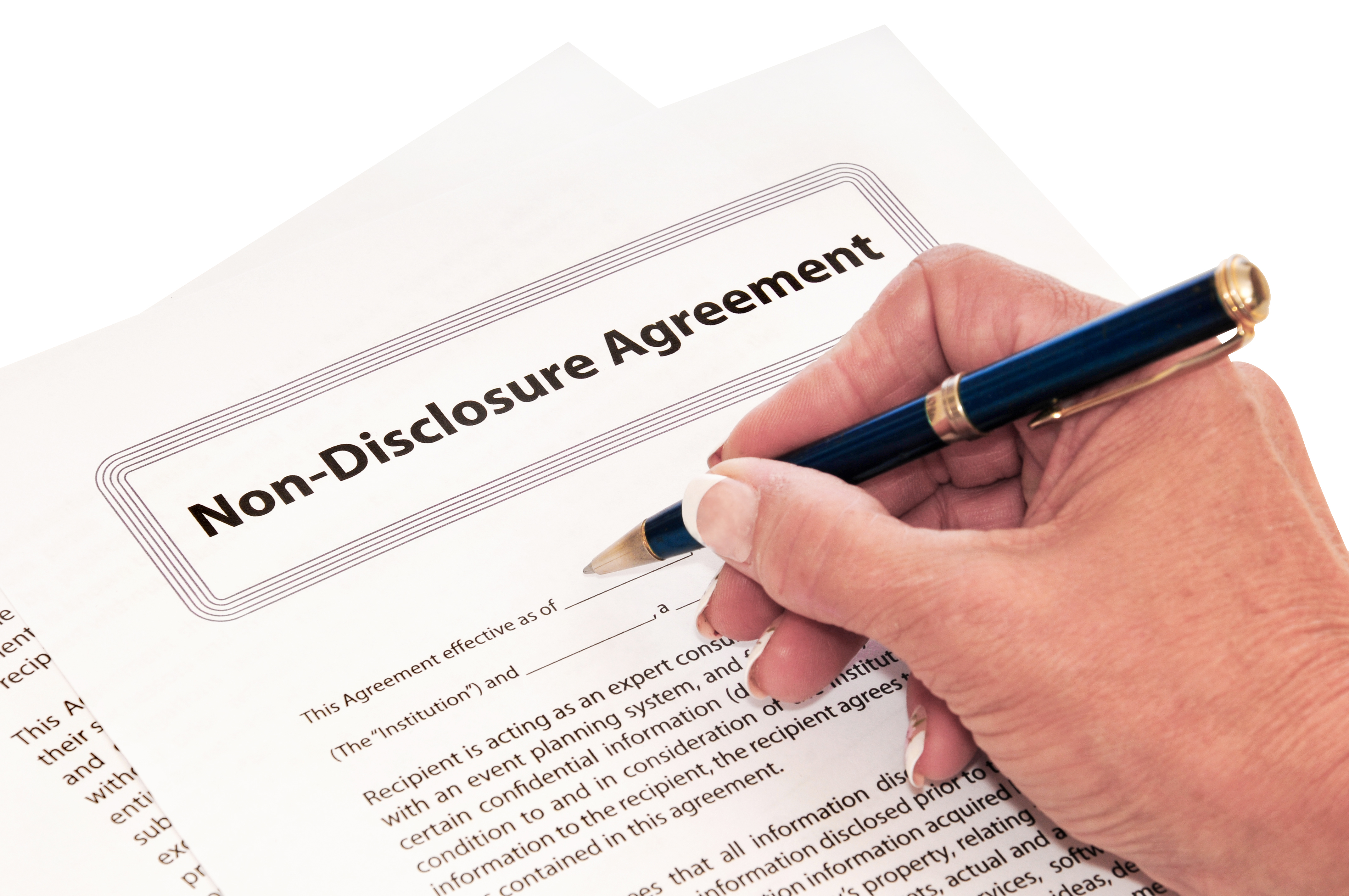
Settlement Agreements and Non-Disclosure Agreements
Following on from last month’s blog discussing NDA’s in business, we wanted to look at Settlement Agreements. As the two are sometimes confused, we aim to explain what they are and when they are used. But above all, why it is important you seek the correct professional guidance before agreeing to either.
What is a Settlement Agreement?
A Settlement Agreement or Compromise Agreement – as they were previously known, is a legally binding contract between employer and employee. The main purpose of the agreement is to relinquish an employee of their rights under the Employment Rights Act 1996.
The agreement would offer an employee the opportunity to negotiate a severance pay on their exit of your company. In return, they would enter into a legally binding contract which prevents them from taking tribunal action. Therefore, a mutually beneficial way to protect your business.


The Legal Requirements
- The agreement must be in writing.
- It must relate to a specific complaint.
- The document must identify the independent legal advisor.
- It must state said advisor has given the employee advice and is covered by a contract of insurance.
- Confirm the Statutory provisions governing settlement agreements has been met.
When would a Settlement Agreement be used?
Disputes between employers and their staff can be inevitable in business. Most of the time such disputes are resolved internally in an informal manner. However, if an employee makes a substantiated claim that you have breached their employment rights, a formal approach is required. Furthermore, a settlement agreement should be considered.
Attempting to negotiate a mutually beneficial agreement now, could save you a lot of money and litigation costs. In addition, such an agreement would be completely confidential. Therefore, allowing the matter to be dealt with privately, rather than in the public eye.

Are Negotiations “Without Prejudice”?
Since July 2013, an employer has the right to have a “protected conversation” with their employees about the termination of employment. As stated in Section 111A of the Employment Rights Act 1996. While it is advisable that negotiating correspondence is stated to be “without prejudice” it does not mean you are protected.
However, due to the complex legislation surrounding such agreements. Simply stating something is without prejudice, does not enforce the rule. In certain cases, the negotiations can be used as evidence against you at a tribunal. Therefore, it is vital both parties receive professional advice before the agreement is signed.
If you are an employer with questions about Settlement Agreement contact our team today on 01708 770 770. Alternatively, click below to view our employer services.
So, what is a Non-Disclosure Agreement?
We are glad you asked! You can find out more about Non-Disclosure Agreements by clicking the link below;



Recent Comments